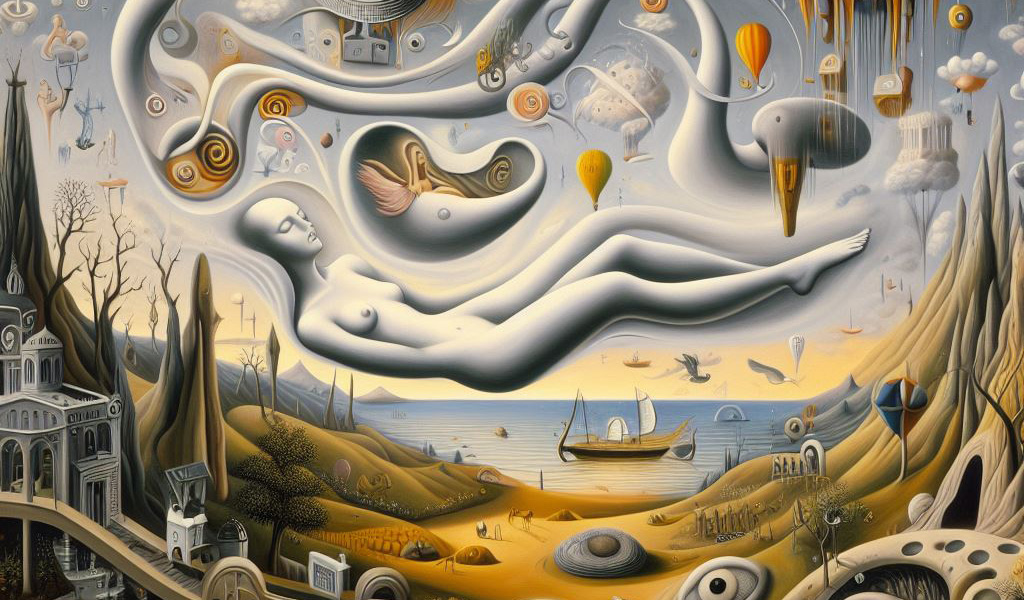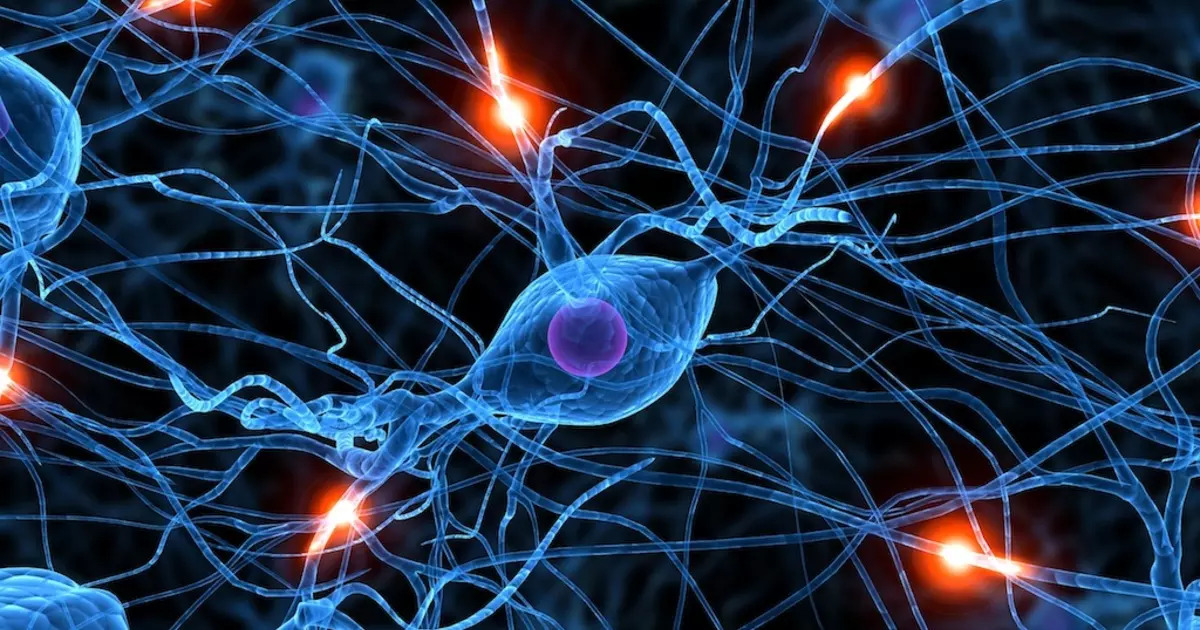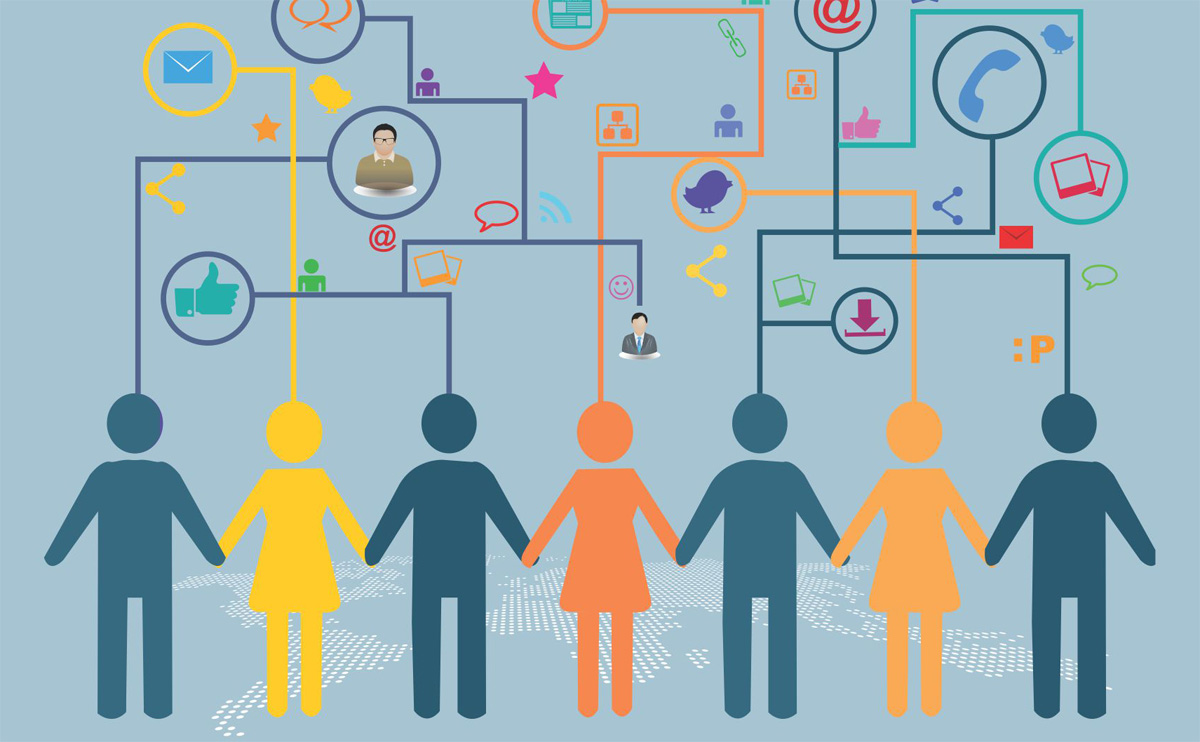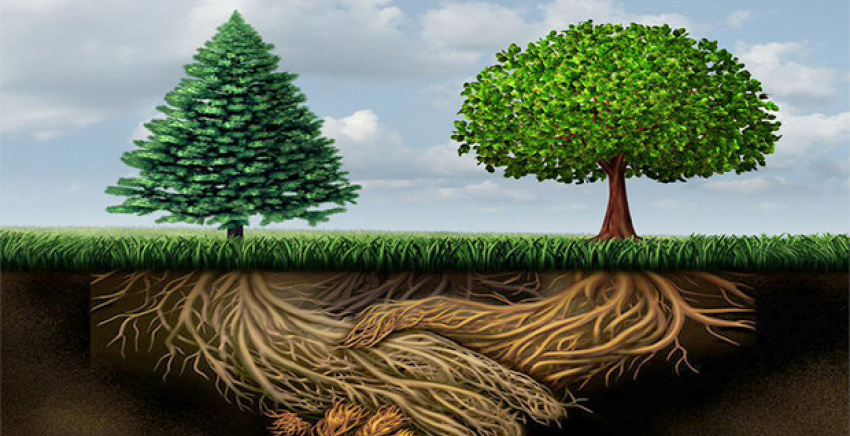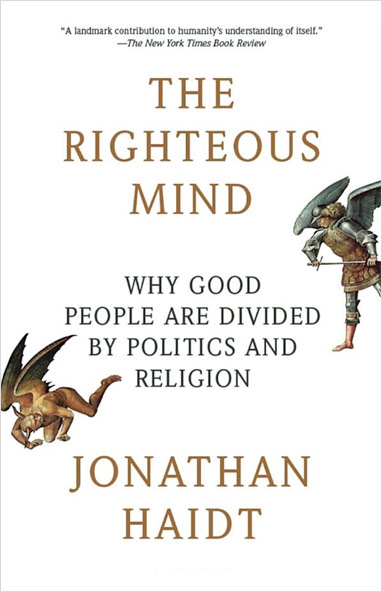
Our Mind in the Modern World
Today, all around the world, technology has become a part of everyday life, and its capabilities are progressing rapidly. The world of our children bears little relationship to that of our grandparents. Our future will not be through the past, for biological evolution has not prepared us for a world in which communication is instant across continents, where thousands of images cross our path each day, and where we now control the fate of the Earth and the biological future of our species. Biological evolution needs to give way to conscious evolution.
The Modern World is Rapidly Changing
The content of this section, unless indicated, represents Robert Ornstein’s award-winning Psychology of Evolution Trilogy and Multimind. It is reproduced here by kind permission of the Estate of Robert Ornstein.
Human beings are unique animals: all other animals live inside their original habitat, and they are adapted “by design” to it. We have created an unprecedented world for ourselves: the space age, nuclear energy, computers and AI, yet we remain biologically the same as we were in the Stone Age.
The world has been comparatively stable for tens of thousands of years, and for tens of thousands of years it has been our practice to take what we wanted from it without recompense. All that mattered was a rising standard of living. Only rarely, if ever, did we look back to examine the effect of these actions on the world, because our brains didn’t need to do so to survive and progress always led us forward.
From the Industrial Revolution in the mid-eighteenth century our “tool” use began to speed up, backed by powerful new energy sources: from coal, to gas, to electronics and nuclear energy, to the internet and renewable energy. And as we discovered different energy sources and later, digital technologies, the world changed radically, over and over.
Let’s look at changes in technology over just the last 50 years. Most of the technology we use today find their common ancestors from a product sold in the 1970s, but the scale of “tool” development since then has been astronomical. In the 70s the personal computer was in its infancy, and almost everyone was still telling time on analog clock faces with hour and minute hands. In 1973 when Motorola engineer, executive and “Father of the Cell Phone” Martin Cooper made the first truly mobile cellular phone call with the DynaTAC prototype walking down Sixth Avenue in New York City, pictures were captured on film which required developing. Today, we have digital cameras and smartphones that permit instantaneous capture and sharing on all the popular photo-sharing apps like Instagram, Twitter (“X”), Facebook, Snap, and TikTok. The first Light Emitting Diode (LED) digital wristwatch was launched in 1970. Today AI powers many products, including image-recognition software that can identify faces or objects in photos or videos; virtual assistants like Siri or Alexa that answer questions; and even robots that work autonomously alongside humans in factories or warehouses.
All these changes are unprecedented. And yet, we have the same mental system that we had ages ago, one that tries, in the face of everything, to keep things stable, simple, and neat.

Here are some statistics on how fast technology is advancing:
- There are 4.95 billion internet users in the world as of 2023.
- There are 7.33 billion mobile phone users in the world.
- It’s predicted that there will be 38.6 billion IoT-connected devices (smartwatches, etc.) around the world by 2025 and 50 billion by 2030.
- There are 1.35 million tech startups in the world.
- 93% of U.S. adults use the internet.
- There are over 600,000 new internet users each day, on average.
- Internet adoption rates have always been highest among 18- to 29-year-olds, with a 70% adoption rate in 2000 and a 99% adoption in 2020.
- 97% of Northern Europe’s population has access to the internet, the highest penetration rate in the world.
- Over 60% of the world’s population has a cell phone.
- Of those mobile phones, almost 80% of those are smartphones.
- As of 2018, there are approximately 22 billion devices around the world that are a part of the Internet of Things.
- The Internet of Things (IoT) is the network of devices and machines that share information across the internet, including smartphones, cars, and smart home devices. It’s even starting to expand to the community- and city-wide devices such as traffic signals.
- It’s estimated that the world will be using 50 billion IoT devices by 2030.
- 97% of U.S. adults own a cellphone.
For these and more statics like these, visit: https://www.zippia.com/advice/how-fast-is-technology-advancing/
Many of the diverse global problems facing us today are of our own making. We can solve them, but first we need to understand who we are, and how our brain works every day.
We are continuously making up a “virtual reality” inside our brain from the limited, tiny fraction of information and energy that passes through our senses. A “me first” system takes priority, since each person’s consciousness evolved for the primary purpose of ensuring that individual’s biological survival.
Evolving and maintaining a stable view of our world was vital, of course. But it resulted in the evolution of cognitive abilities and perceptual tendencies that are important to understand, since they affect our behaviors and actions today.
There exist different centers of mind in the brain, and “we” often don't know what we're doing until we see what we do. Nonconscious routines lead us automatically, and thus unconsciously, along lines of thinking and action without our ever directing them.
Our connection to others is key to our survival. It is foundational to all human societies, to the bands that survived the last Ice Age, to the civilizations, to big ideas and endeavors, to the resolution of today’s problems and to the world we dream of for our future.
For many years morality was believed to be sent down to us from God. There are now many studies that show empathic awareness and reciprocity in animals. And it turns out that a precursor to human morality is even found in plant life.
We learn about our physical world through direct experience. As a result, we evolved certain unconscious anomalies, some of which are quite surprising.
Two modes of consciousness coexist within each one of us: normal limited consciousness, that enabled us to survive since the Ice Age, and a second mode of consciousness that, when developed, accesses a deeper, more comprehensive, "objective" understanding of the world and our place in it.
Travel the Journey
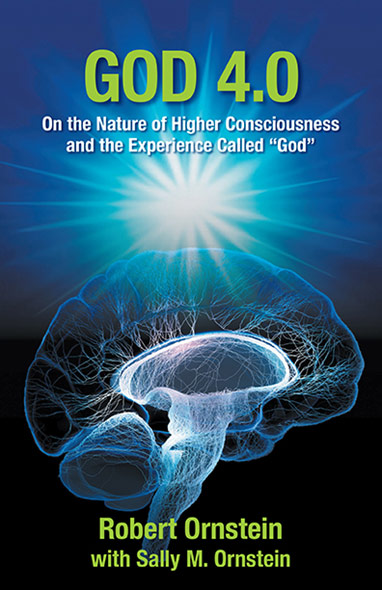
God 4.0
On the Nature of Higher Consciousness and the Experience Called “God”
By Robert Ornstein with Sally Ornstein
Review by Denise Winn
Contributing Writer
Countless research findings reveal the existence of a second network of cognition that transcends everyday consciousness. It is what people have tried to activate, from the earliest shaman-sages to Moses 3,500 years ago, to Jesus 2,000 years ago, to Muhammad 1,400 years ago, all the way up to the myriad of contemporary seekers. Read more
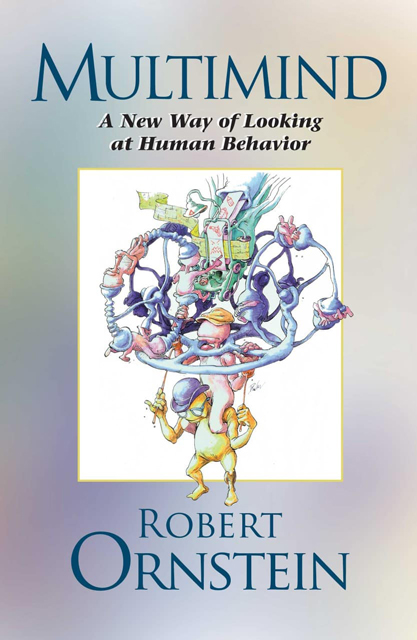
Multimind: A New Way of Looking at Human Behavior
This provocative book challenges the most-popularly held conceptions of who we are. In it, psychologist and renowned brain expert Robert Ornstein (1942 – 2018) shows that, contrary to popular and deep-rooted belief, the human mind is not one unified entity but, rather, is multiple in nature and is designed to carry out various programs at the same time.
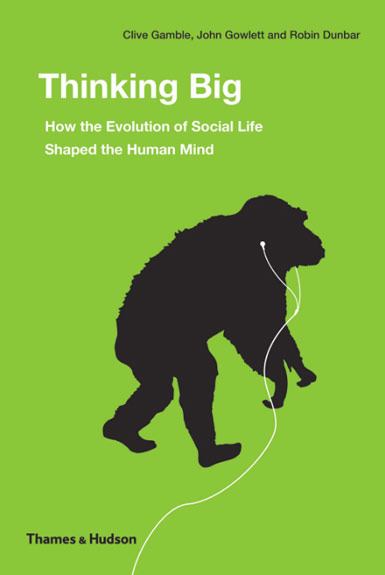
Thinking Big
How the Evolution of Social Life Shaped the Human Mind
Robin Dunbar, Clive Gamble & John Gowlett
The social brain that drives our behavior and contemporary culture is essentially the same brain that appeared with the earliest humans some 300,000 years ago.
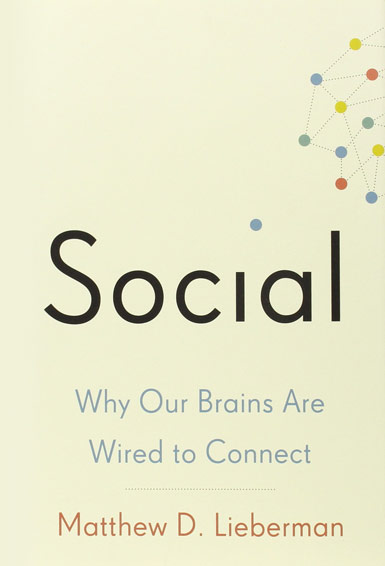
Social: Why Our Brains are Wired to Connect
Matthew D. Lieberman
Explore the groundbreaking research in social neuroscience revealing that our need to connect with other people is even more fundamental, more basic, than our need for food or shelter. Because of this, our brain uses its spare time to learn about the social world – other people and our relation to them.
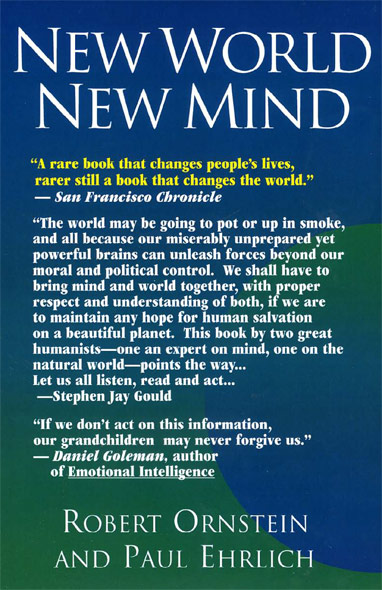
New World New Mind
Moving Toward Conscious Evolution
Robert Ornstein and Paul Ehrlich
Over millions of years, our minds evolved with quick reflexes to deal with sudden threats, which makes long-term threats like pollution and overpopulation invisible to us. Our survival now requires that we consciously evolve a new mind and new perceptions to adapt.
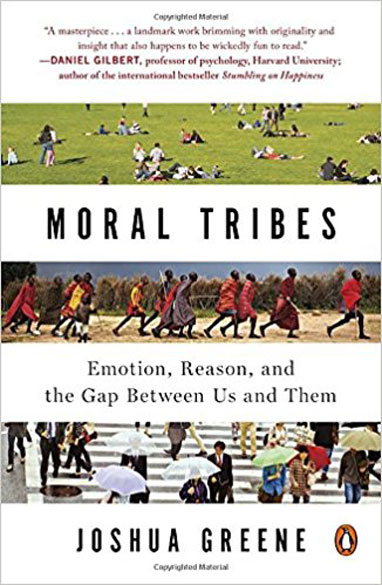
Moral Tribes
Emotion, Reason, and the Gap Between Us and Them
Joshua D. Greene
Our innate moral behavior evolved over millions of years to promote cooperation within our group. Each group has its own moral code, which provides a map for how individuals can live successfully within it. Our other innate tendency, to favor our group over all others, is something we need to understand and mitigate to address the existential challenges of our modern global society.
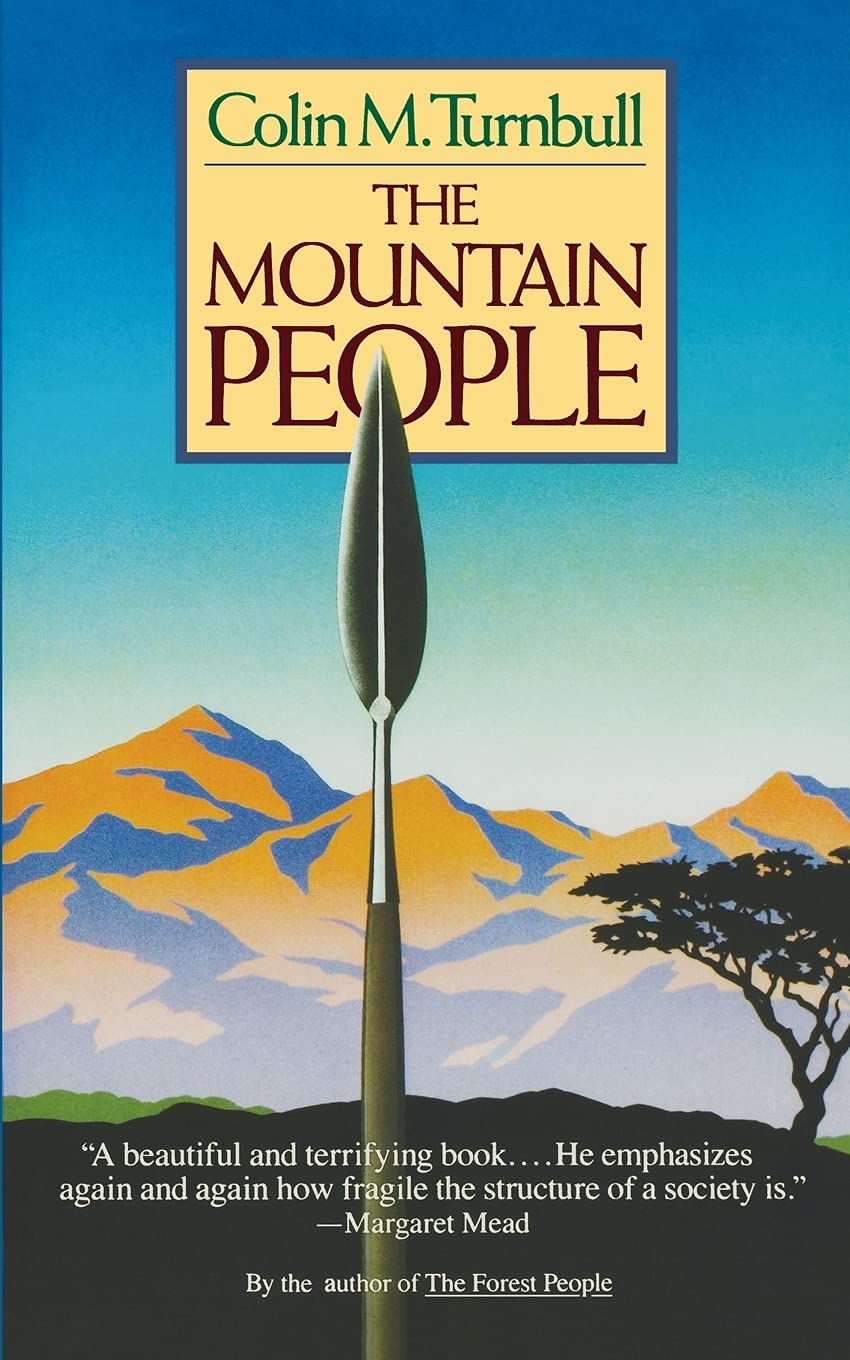
The Mountain People
Colin Turnbull
The story of the IK tribe of northeastern Uganda is a classic study of how a society’s concept of fairness and justice can quickly devolve when its people are cut off from their accustomed means of livelihood and forced to compete for their very survival.
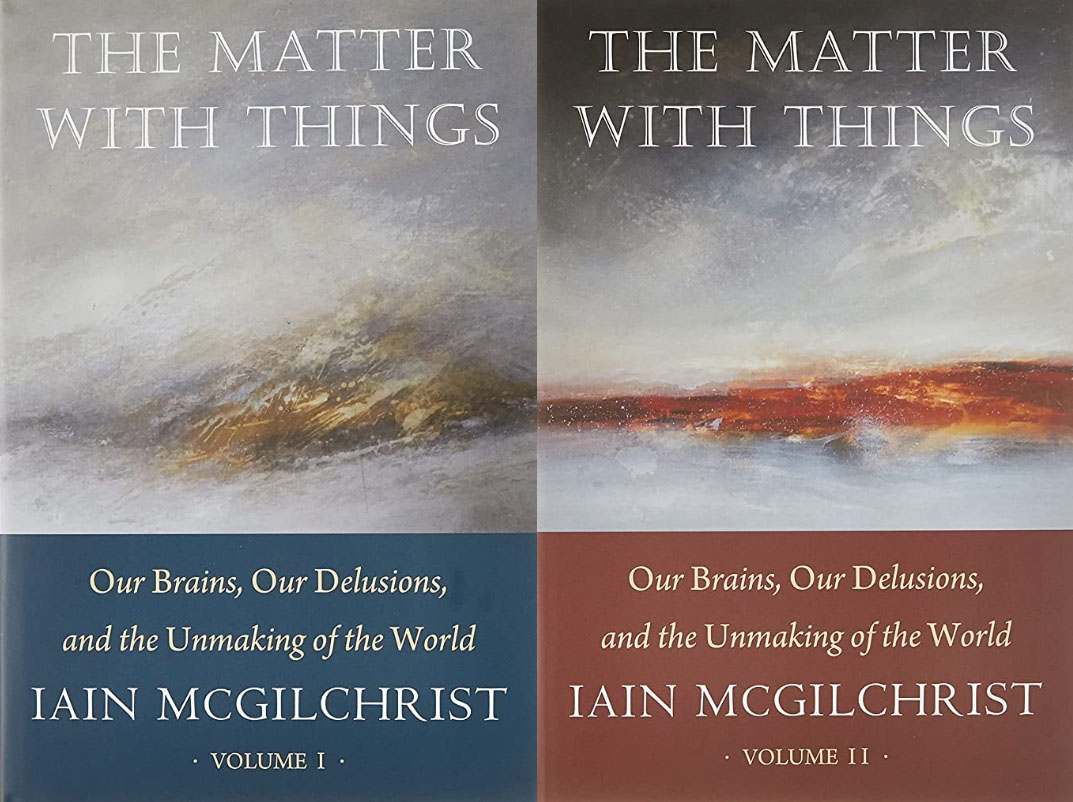
The Matter with Things
Iain McGilchrist
One of McGilchrist’s central points is that our society is one in which we rely on representations of the world as our way of knowing it. Scientific theories expressed in mathematical form, economic models, photographs – all re-present the reality they purport to describe.
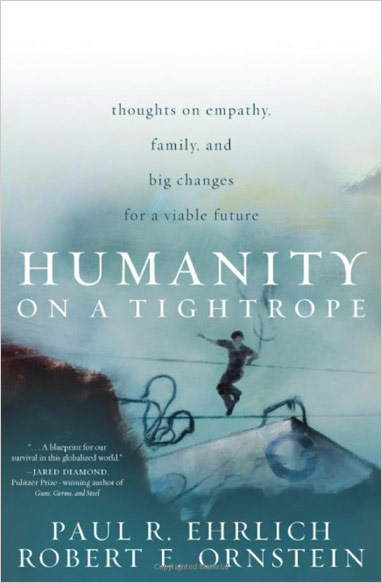
Humanity on a Tightrope
Paul Ehrlich & Robert Ornstein
Psychologist Robert Ornstein and biologist Paul Ehrlich join forces to explain why the human race has reached its current perilous precipice. To sidestep the fate they say is now barreling towards us will require us to address our “empathy shortfall.”
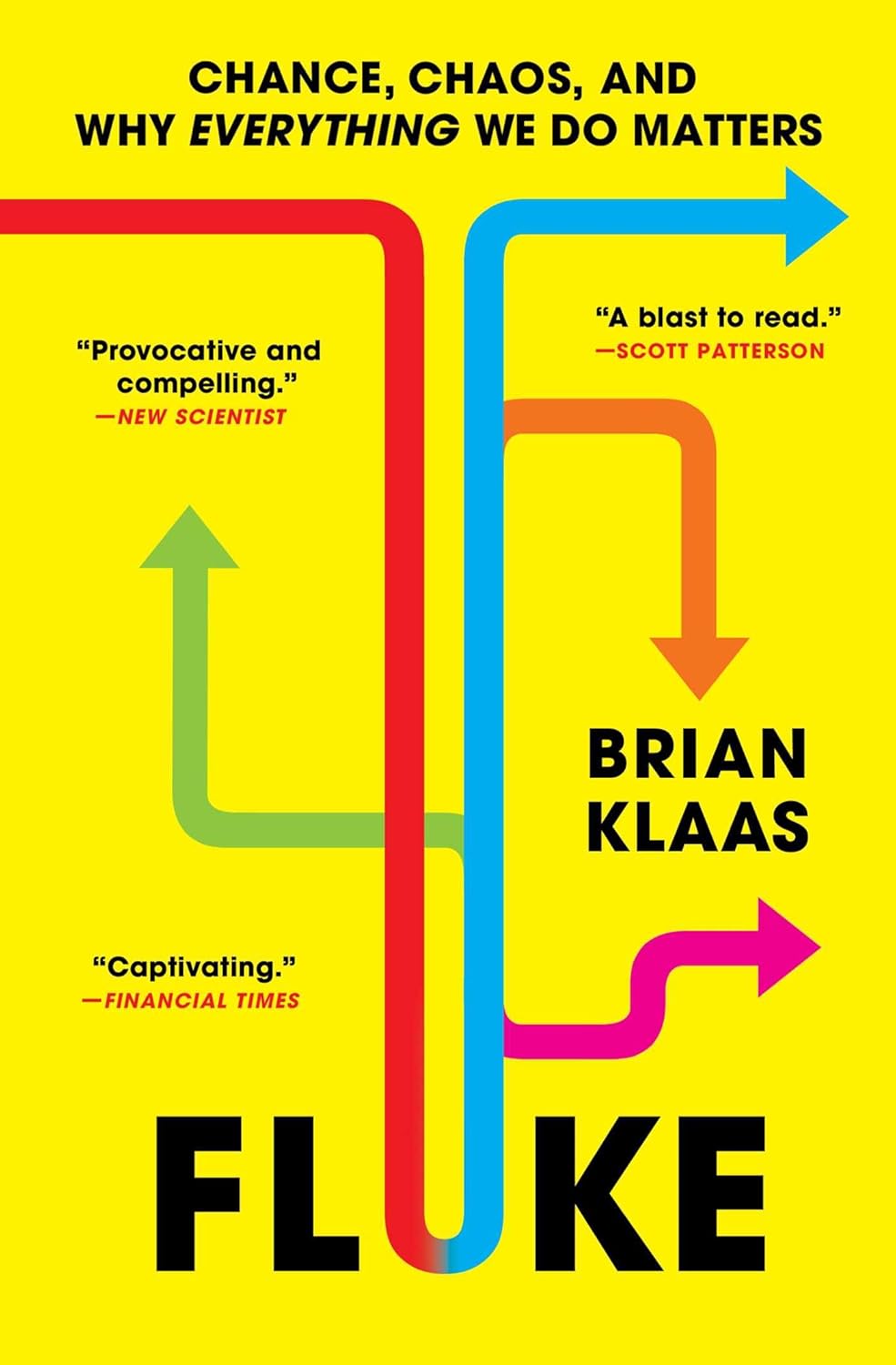
Fluke
By Brian Klass
Reviewed by Mel Raff
Thinking about how our lives unfold, we tend to focus on a relatively small number of key, pivotal events. But in Fluke, political scientist Brian Klaas explains how this over-simplifies and misrepresents the way our world actually works—with dire consequences. Contrary to our instinctive beliefs, cause and effect are never simple and easy to understand: any specific outcome is dependent not only on what appear to be the major events leading up to it, but also on an array of seemingly insignificant, arbitrary, easily overlooked factors, “flukes”—some under our control, but countless others not.

Beyond Culture:
Edward T. Hall and Our Hidden Culture
Report by John Zada
Edward T. Hall, after spending his early adulthood working and travelling among non-Anglophones, both in the United States and in other parts of the world, became cognizant and fascinated in the deeper layers of culture that he claimed lie buried beneath those more obvious forms.


